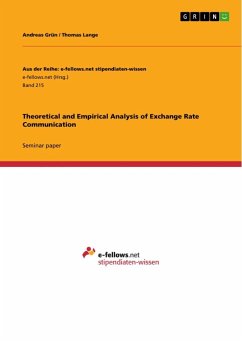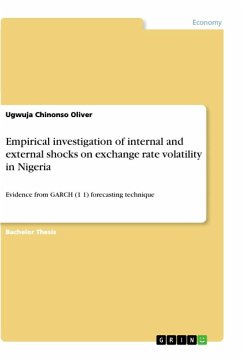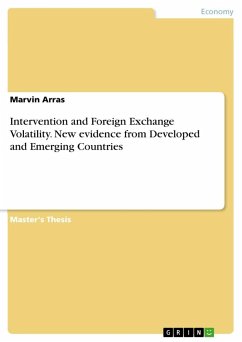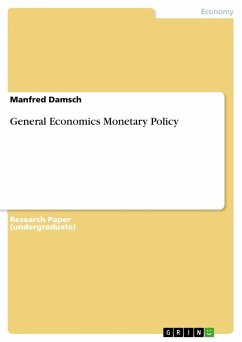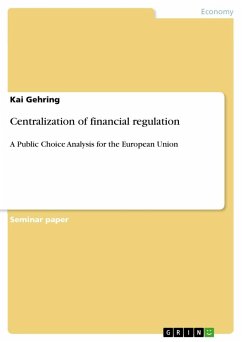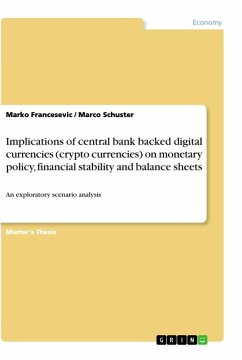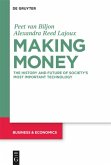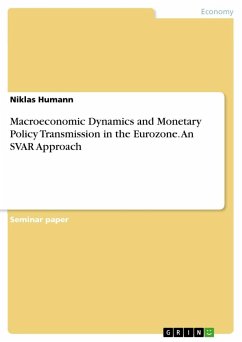Seminar paper from the year 2007 in the subject Economics - Finance, grade: 1,0, Otto Beisheim School of Management Vallendar, course: Seminar in International Finance, language: English, abstract: The overall aim of this paper is first to review existing papers and based on this to conduct own research in the field of the effect of macroeconomic news in general and, more specific, ECB communication on exchange rates. Exchange rate communication is a special form of macroeconomic news that is issued by central banks. Existing research on the effect of this communication has lead to often diverging result that illustrate the high intensity and dynamics of the current academic debate with regard to this matter. On one hand evidence of a relatively high impact on the mean and volatility of currency markets is found (e.g. by Fratzscher (2004)) whereas others (e.g. Jansen, de Haan (2005)) do not chronicle statistically significant and persistent results. The difficulty of understanding the response of currency markets becomes even harder when the significance of the respective context of news e.g. day of the week effect is considered or asymmetric responses are taken into account. Among the group of central banks especially the European Central Bank has attracted high attention in academic research. Preceding studies generally create dummy variables to measure ECB communication. These variables are then by different methods regressed against the exchange rate or other financial assets in order to find explanatory relationships. This paper follows this approach by using the dummy variable of Rosa, Verga (2006). Ultimately we arrive at three major findings using our dataset. (a) Communication and interest changes by central banks are interpreted differently by currency markets: While communication that suggests raising interest rates seemsto be an alarming warning signal with regard to possible inflation, interest rate increases see to be interpreted as attempts to mitigate this danger. (b) There are indicators that the exchange rate reacts more slowly to news coming from the U.S. (c) Based not on high frequency but on daily data we merely arrive at results that do not allow us to reject the null hypothesis that exchange rate communication actually does not have a significant impact on exchange rate returns.
Hinweis: Dieser Artikel kann nur an eine deutsche Lieferadresse ausgeliefert werden.
Hinweis: Dieser Artikel kann nur an eine deutsche Lieferadresse ausgeliefert werden.

